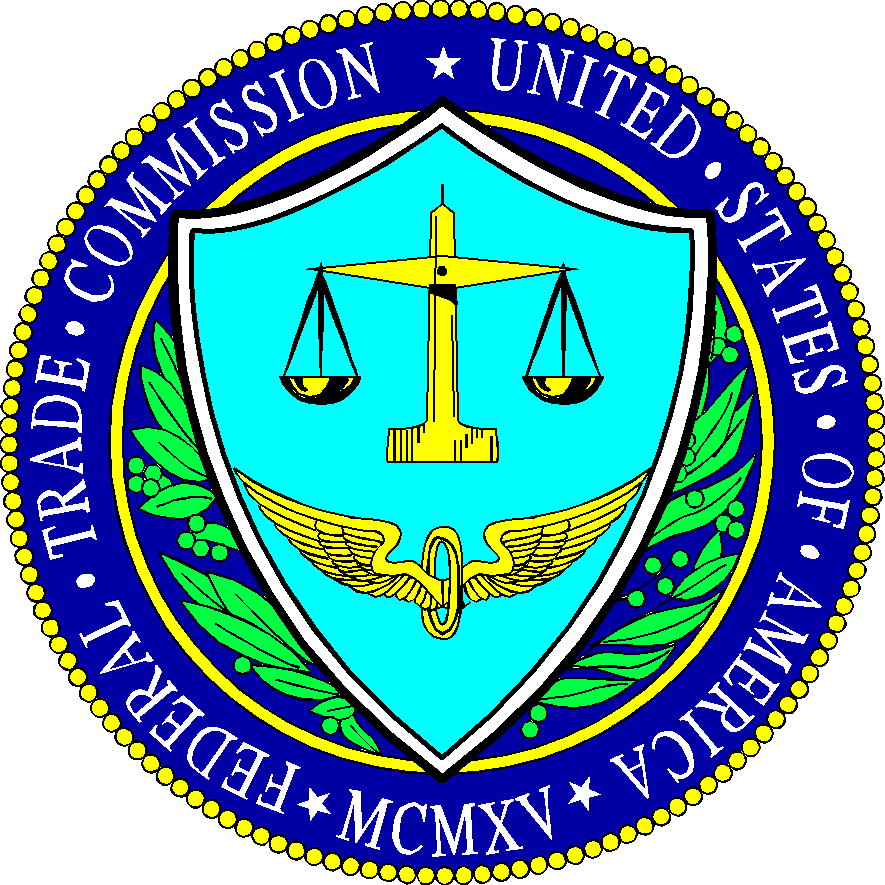The Web has erupted with news, opinion and practical guidance on the new FTC rules that apply to disclosures on blogger freebies. One commentary suggested that MIT graduates who wrote about fondly about their alma mater might subject the university to scrutiny. There is other nonsense to be read, so as a public service, NutriSupLaw offers a sampling of the best of the initial analysis. If you find a valuable article or blog post, please post a link to it in our comments section.
New Rules: Endorsements & Testimonials in Marketing (The Business of Marketing)
“Those were the days – the days when a marketer could use an actual quote from a real person that has used your product as a marketing endorsement or testimonial to capture the aspirations of your potential customers. As of December 1, 2009, those days are gone.”
What You Need to Know About the New FTC Endorsement Rules — and Why (Ad Age)
“Revlon won’t be able to give away its product to mommy bloggers without asking them to disclose it in their writings. And if Jennifer Love Hewitt claims her blemish-free skin is the result of Proactiv, she had better be telling the truth.”
FTC Wants To Clarify: Bloggers Probably Won’t Get Dinged $11,000 (Washington Post)
“…the FTC would most likely send an [sic] warning letter to a blogger who pitches for Jiffy but doesn’t disclose receiving funds from Virginia peanut farmers.”
Do the FTC’s New Endorsement/Testimonial Rules Violate 47 USC 230? (Technology & Marketing Law blog)
“…the FTC apparently has made the same analytical error that the SEC recently made in the SEC’s proposal to hold securities issuers liable for third party content they link to.”
FTC Orders More Disclosure in Consumer Testimonials, Celebrity Endorsements (National Law Journal)
“(Attorney Anthony DiResta is) not as positively inclined toward the decision to do away with the “results may vary” disclaimer in favor of describing typical results. “Whenever there is going to be a claim of typicality, then there’s going to have to be substantiation.” And that can be costly and timely, DiResta added.”



